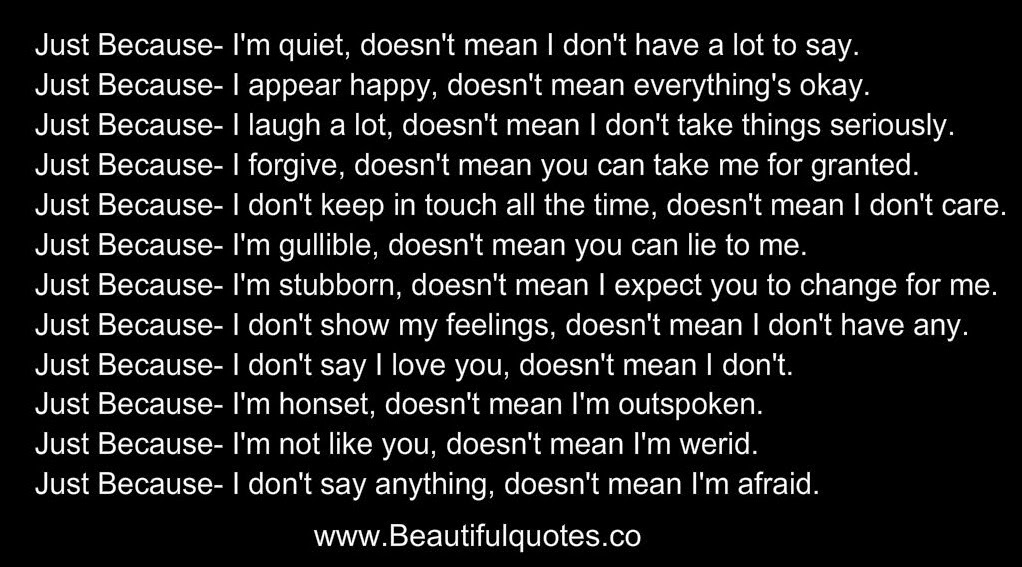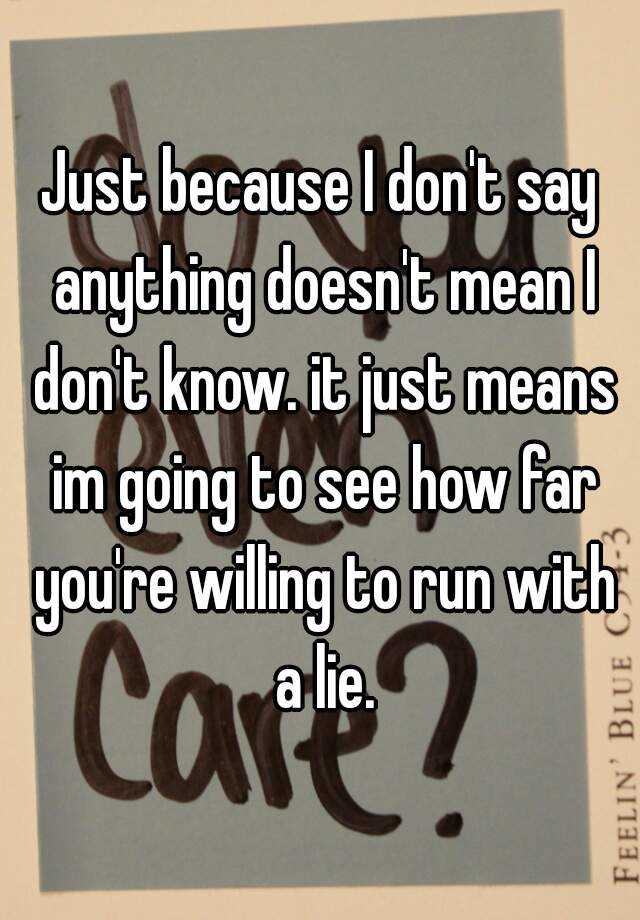

Part of me is still in love with the Beats, the Punks, and other cultures of youth rebellion, even though my own ‘youth’ is now far behind me. I grew up in a pretty conventional (and privileged) suburban culture, and I know what that feels like too. I grew up as a closeted gay kid, and I know what it feels like. This third intersection of mindfulness and ethical speech has been, for me, the most transformative – but it’s also a little subtle.īasically, I hate repression.


Or even: what would be a helpful, supportive thing to say right now? If I were on the other side of this conversation, what would I love to hear?īy bringing mindfulness to your conversations (in-person and online), you’ll save yourself from tripping up maybe 10% more of the time. Or try this one: are you still actually listening to what the other person is saying, or are you just getting your awesome, clever, and perhaps self-serving comment ready to play? How are you feeling right now, as you’re about to speak? Is your heart beating fast? Are you feeling hot? Are your arms tensed? Warning! You might be pissed off. When you’re about to say (or post) something, check in, just like you’re doing a body scan in meditation, or doing “mindfulness of emotions,” if you’ve tried that. Just like an annoying song gets stuck in your head for hours after you’ve heard it, the helpful (but also sometimes annoying!) voice of mindfulness gets stuck in your head too. If you’ve trained yourself to be mindful during ‘formal’ meditation sessions, you’re more apt to be mindful in the rest of your life. Okay, but how do you do it? Sure, we all want to be kind, but how do you put it into practice? That’s where mindfulness and ethics meet. The first step is to recognize that, for most of us, communication is a huge – maybe even the central – part of the effort to be better people.
#DONT THINK BECAUSE I DONT SAY ANYTHING QUOTES HOW TO#
The challenge isn’t parsing how to speak, but actually making and delivering on our commitment to do so. Don’t say things that are hurtful, or that could be interpreted as hurtful. Listen more, interrupt less (especially if you are a dude). Most of the time, though, we know kindness when we see it. Do you tell your friend that her boyfriend is cheating on her? Tough call.

Do you tell the bride at her wedding that, actually, she doesn’t look that good? Probably not. What’s funny about healthy speech is that, actually, we all know what it is. Thus, how we speak is one of the primary ways the contemplative rubber hits the ethical road. But we are all likely to say unkind things, to tell lies (including “white lies”), and to put our feet in our mouths because we’ve spoken without thinking. Most of us aren’t that likely to rob a bank or punch someone in the face. The point is that your contemplative fitness and ethical practice reinforce one another.Īnd speech is often the primary place where that happens. The point, whether in spiritual or secular contexts, is not to go meditate, get calm, and come back and be a jerk. Kind Speech Isn’t a Side Dish – It’s the Mealįirst, in just about every tradition where meditation is found, it’s never found alone. And, in large part thanks to meditation, I’ve come to appreciate its wisdom.ġ. I guess that’s because I was always saying things that weren’t so nice! Definitely I did and still do have a lot of opinions about stuff (these days, I even get paid to express them), and I know I didn’t take kindly to being told to shut up.īut it was good advice. My mom used to tell me that all the time when I was a kid. You know the rest, right? Don’t say anything at all. Even if I haven’t spoken to the person I can imagine plenty of reasons, in the space of an hour sometimes, why they must now hate me.” - Becky W.“If you don’t have anything nice to say….” If someone confirms they don’t hate me, OK, but it doesn’t last long before I doubt it again, because I could have done something else to annoy them. “Constantly needing validation and reassurance from people. No matter how many times they try to reassure me though, it never gets through to me.” - Nina G. It could be simply asking if they hate me, if they’re mad at me or if they love me. “I’m constantly asking for validation in so many forms, which makes me feel even more annoying and like I’m giving people another reason to hate me. Most people think you’re being rude, but it’s because my anxiety convinces me that everyone hates me or will hate me or think something negative about me.” - Natalie V. I get really anxious around groups of people. If they contact me, that probably means they don’t hate me.” - Sascha W. “I keep track of how often we initiate contact with each other, and if I notice I’ve been doing it more often lately, I stop contacting them.


 0 kommentar(er)
0 kommentar(er)
